On November 15, the first sub-forum of the 2024 Greater Bay Area Science Forum in Guangzhou, titled "Big Science Project and International Cooperation," took place on International Bio Island.
Over 200 participants, including numerous academicians of the Chinese Academy of Sciences and the Chinese Academy of Engineering, as well as top experts from nearly 20 countries, engaged in discussions centered on the theme of "Win-win Cooperation in the Era of Big Science."
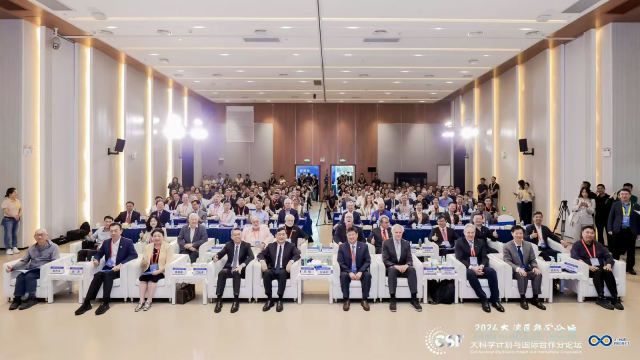
"π-HuB Project" aims to usher in new era of smart medicine
At the forum's opening ceremony, He Fuchu, academician of the Chinese Academy of Sciences and initiator of the Proteomic Navigator of the Human Body (π-HuB Project), and President of the National Center for Protein Sciences (Beijing), stated that this conference will further advance the technological and organizational progress of the "π-HuB Project" and strengthen collaboration among various domestic and international teams.
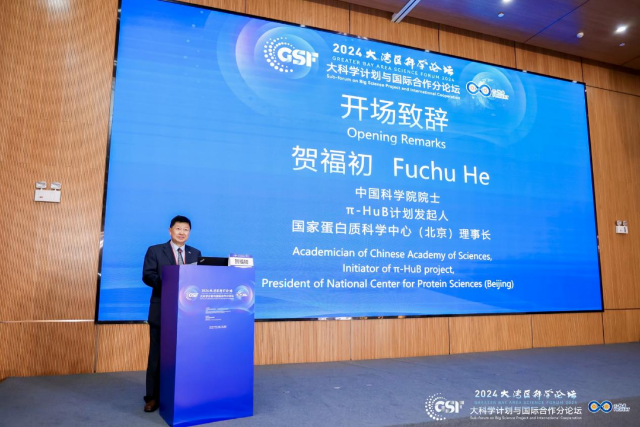
Robert Moritz, the Nominating Committee Chair and former President of the π-HuB Project, said that the "π-HuB Project" is not only a national project established in Guangzhou, China, but also a project that brings together the best talents worldwide.
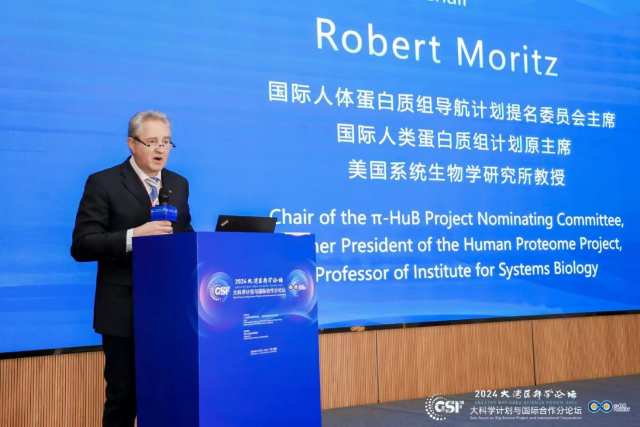
As the next generation Human Proteome Project (HPP), the "π-HuB Project" is a global initiative proposed by Chinese scientists to better understand the human proteome. By leveraging big science initiatives to drive international collaboration, the "π-HuB Project" has jointly constructed a global innovation governance system with 50 institutions from nearly 20 countries and regions.
During the conference, the second global summit of the π-HuB Project and the second meeting of the first council were also held, delving into discussions surrounding the topics of proteomics new technologies, big data and artificial intelligence, proteome maps across the entire lifespan, and drug discovery and translational applications.
Top scholars discuss big science collaboration
During the keynote speech session, Ruedi Aebersold, academician of the European Molecular Biology Organization and professor at ETH Zurich, introduced that the "π-HuB Project" will enable humanity to better understand the foundations of life, marking another advancement in life sciences after the Human Genome Project. It will also have a broad impact on biomedicine and other fields.
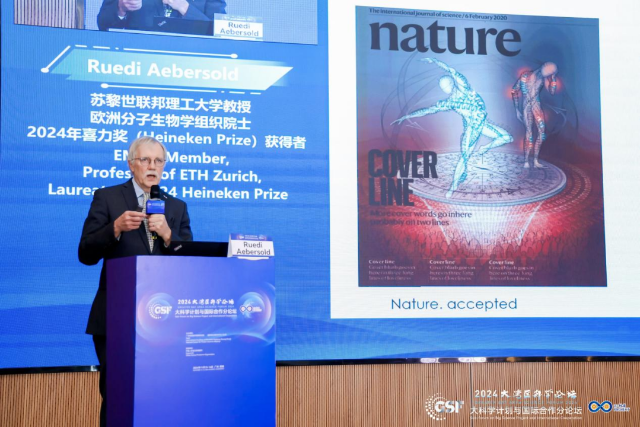
Luo Delong, Deputy Director-General of the International Thermonuclear Experimental Reactor (ITER) Organization, explained that this organization, jointly established by China, the European Union, Japan, South Korea, the United States, and others, aims to enable humanity to safely use nuclear fusion energy one day.
"The deuterium in one liter of seawater, if undergoing nuclear fusion, would release energy equivalent to that produced by 300 liters of gasoline. If we can achieve the safe utilization of nuclear fusion energy, it will significantly address global energy issues. Currently, China plays a crucial role in ITER and has undertaken multiple key projects."
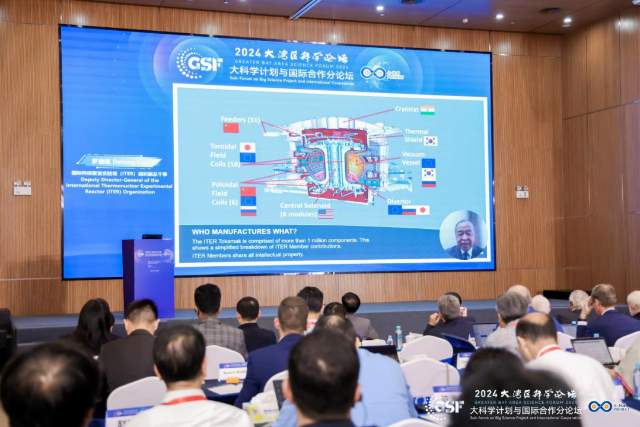
Gu Dongfeng, academician of the Chinese Academy of Sciences, presented his speech on the achievements made by scientists from various countries in studying heart disease, diabetes, cancer, and other diseases using large-scale cohort data. He believed that cardiovascular disease is a significant public health issue globally. Promoting human health requires international big science initiatives to strengthen international exchanges and cooperation in healthcare.
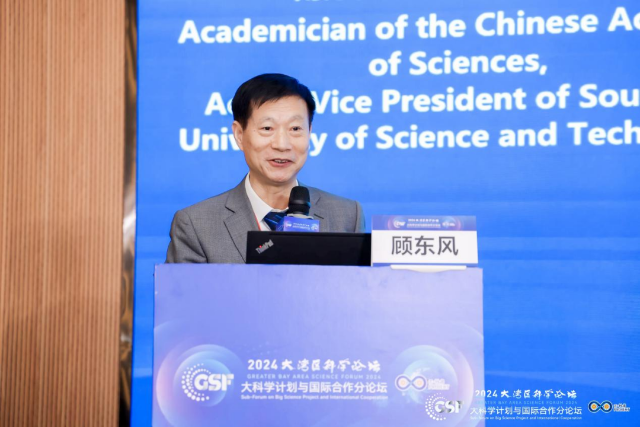
Uwe Völker, President-elect of the Human Proteome Organization and professor at the University of Greifswald in Germany, stated that big science initiatives are the result of joint efforts by scientists worldwide, which require funding support, time allocation, and support from local governments in various aspects.
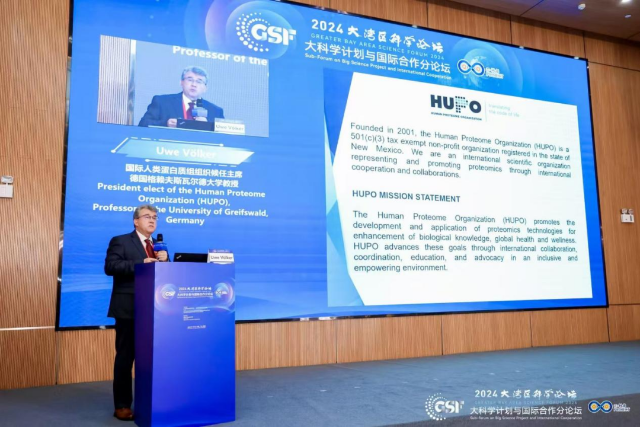
Reporter | Chen Jinxia
Photo | Sub-forum on Big Science Project and International Cooperation of the Greater Bay Area Science Forum 2024
Editor | Hu Nan, James, Shen He
















